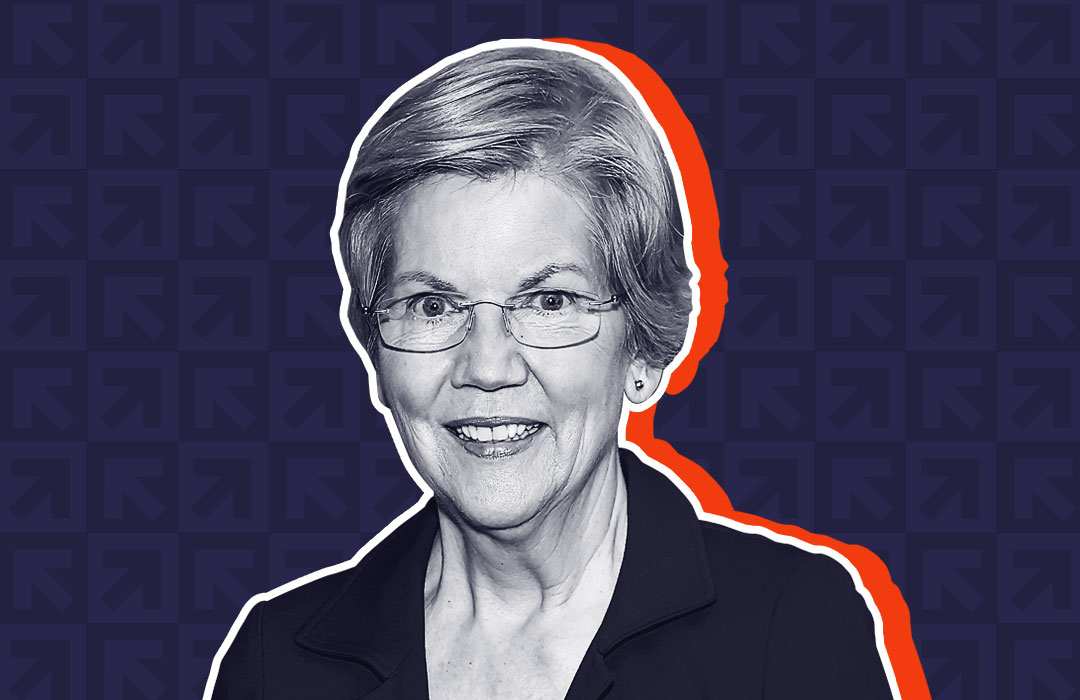Reproductive rights are clearly a health issue, but there's no denying the link between money and families’ decisions about whether to have a child. Highlighting that link has been a constant focus this year for Sen. Elizabeth Warren, whose passion for women's rights and economic security came into the spotlight in the aftermath of the U.S. Supreme Court's decision striking down Roe v. Wade, which protected the right to have an abortion.
In familiar Warren fashion, her crusade for abortion rights has been part storytelling — of how unplanned pregnancies in a pre-Roe America derailed women’s careers and threatened their lives — and part policy solutions. The Massachusetts Democrat has rallied protestors on the steps of the Supreme Court and introduced legislation aimed at banning data brokers from selling health and location information that can be used to track pregnant people.
She also was one of the first politicians to call for the president to issue an executive order focused on reproductive rights in June. (Two executive orders came in the following weeks aimed at increasing access to reproductive health care and protecting out-of-state travel for abortions, among other things.)
As Warren has said in a variety of ways this year, “You can’t separate the economic well-being of families from the freedom to start a family on your own terms. Abortion is a kitchen-table issue.”
Last month, she unveiled the results of an investigation her office spearheaded, sharing input from health care providers who warned that state-imposed abortion restrictions also diminish access to broader pregnancy and reproductive care. And most recently, she and eight other senators urged the head of the U.S. Food and Drug Administration to make it easier to get prescriptions for medication abortions.
Warren, who was a bankruptcy law professor and consumer advocate before running for office, often draws on her experience as a working mother to narrate the need for policies promoting women's equity. As a single mom of two, she remembers being on the verge of quitting her job at the University of Houston when her Aunt Bee saved her by moving in to help with child care.
“I always think about how close I came to just getting knocked completely off the track,” she said in a 2019 video about improving the country's child care system.
Her policy solution calls for using a tax on the wealthiest Americans to subsidize the price for families so that no one has to pay more than 7% of their income for child care. It’d also increase the number of open slots and raise salaries for child care workers.
The political environment in Washington, D.C., likely will make lasting legislative changes on reproductive rights and universal child care an uphill battle in the near future. But, as Warren tends to remind people, she will persist.






